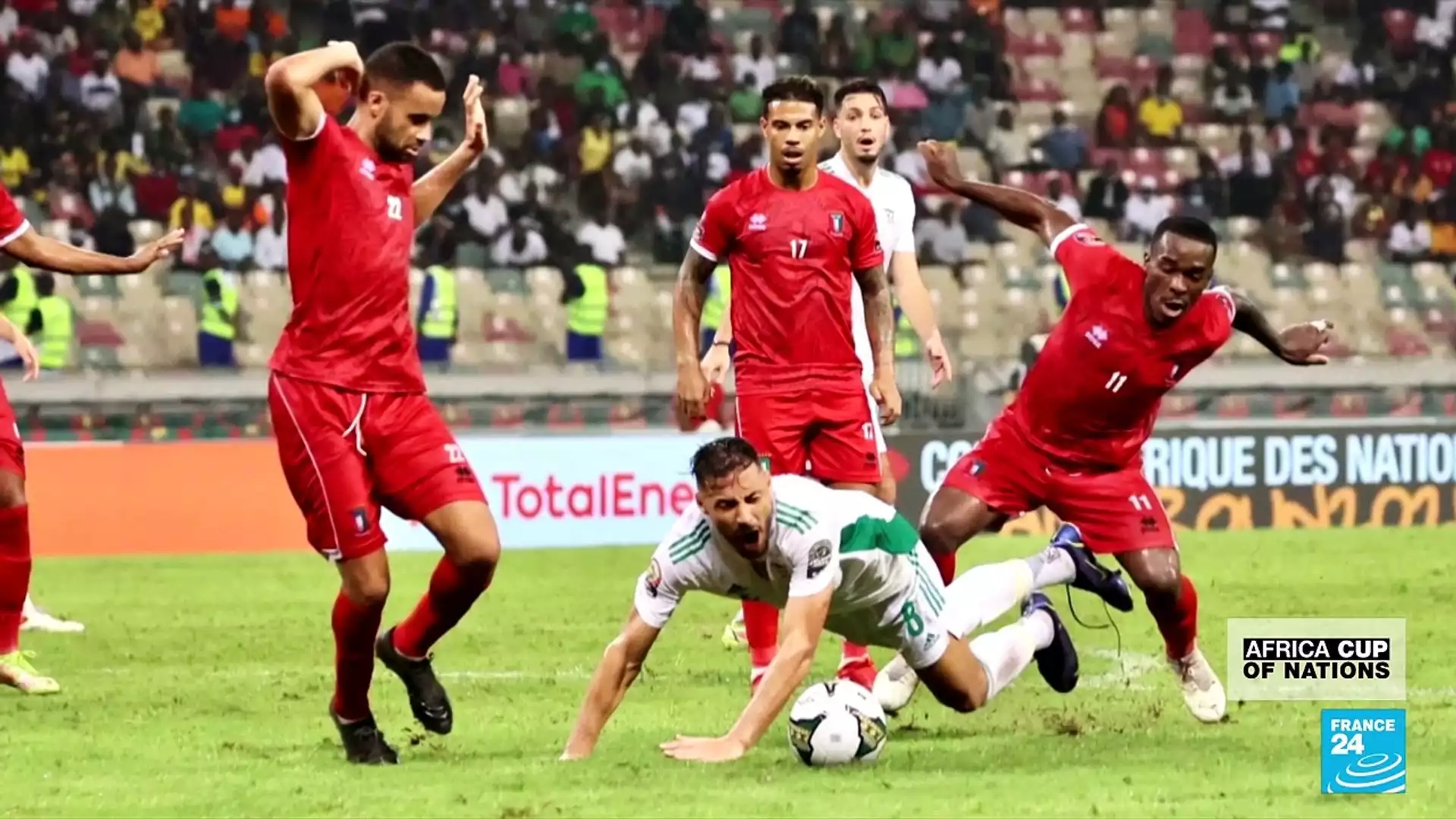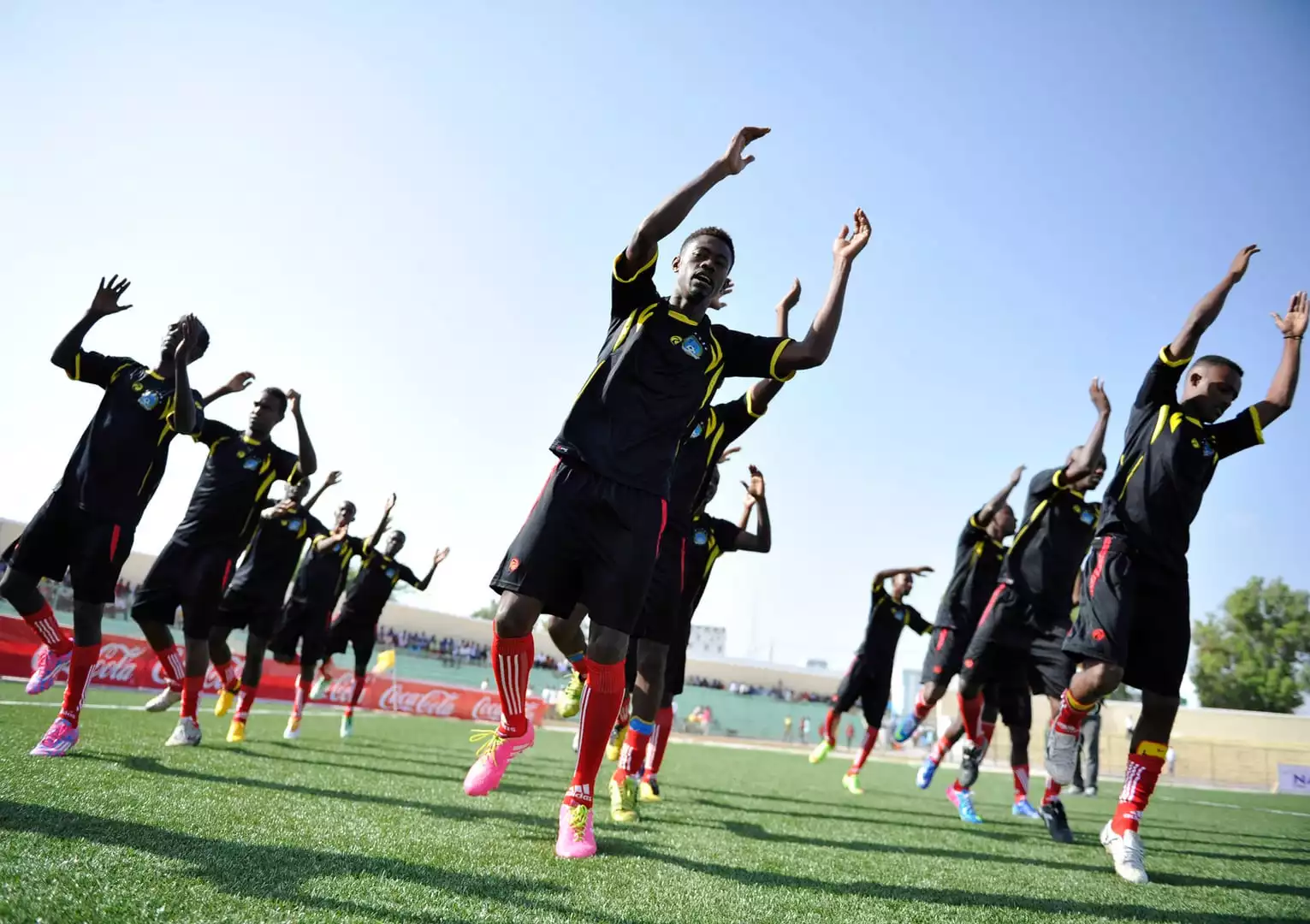Advantages of the AFCON Group Stage Layout
The AFCON group stage layout offers several advantages that contribute to the excitement and competitiveness of the tournament. Firstly, the group stage allows for more matches, providing fans with ample opportunities to see their favorite teams in action. This extended schedule means that fans can enjoy a higher quantity of thrilling football matches, creating a more immersive experience.
Secondly, the group stage provides a platform for underdog teams to cause upsets and showcase their talent on a larger stage. In a knockout-style tournament, these teams may not have a chance to shine, but the group stage format allows them to prove themselves against stronger opponents. This unpredictability adds an element of surprise and excitement to the competition, as underdogs have the potential to create memorable moments.
Moreover, the group stage allows teams to build momentum and chemistry before heading into the knockout rounds. Teams have the opportunity to fine-tune their strategies, identify weaknesses, and make adjustments as they progress through the group stage. This preparation can be crucial in ensuring success in the later stages of the tournament, where the margin for error is significantly smaller.
Disadvantages of the AFCON Group Stage Layout
While the AFCON group stage layout has its advantages, there are also some drawbacks that critics point out. One of the main criticisms is that the group stage can make the tournament feel drawn out, with too many matches and not enough high-stakes games. Some argue that this extended format can dilute the excitement and intensity typically associated with knockout-style tournaments, where every match is do-or-die.
Another criticism of the group stage layout is its predictability. In many instances, the top teams from each group progress to the next round, leaving little room for surprises or upsets. This predictability can diminish the sense of drama and suspense, as fans may already have a good idea of which teams will advance.
Lastly, the group stage format can lead to imbalanced groups, where some teams face significantly tougher opponents than others. This disparity in the strength of opponents can affect the overall fairness of the tournament and potentially disadvantage certain teams. Critics argue that alternative formats, such as a single-elimination tournament, could address this issue and provide a more level playing field.
Analysis of the AFCON Group Stage Layout
The AFCON group stage layout has been a staple of the tournament since its inception, and it has undoubtedly played a significant role in shaping the competition's identity. The format allows for a comprehensive assessment of each team's abilities over multiple matches, ensuring that only the most deserving teams progress to the knockout stages.
However, the debate surrounding the effectiveness of the group stage layout continues. The extended schedule and the potential for predictable outcomes have sparked discussions on whether alternative tournament formats could better serve the competition's goals. It is crucial to analyze the pros and cons of the current format to determine if any changes could enhance the overall experience for fans, players, and teams.
Comparison with other tournament formats
When comparing the AFCON group stage layout to other tournament formats, it's important to consider the unique characteristics of each competition. For instance, the FIFA World Cup employs a similar group stage format, allowing for a fair representation of teams from different regions. This format ensures that teams have a reasonable chance to progress, regardless of their geographical location or ranking.
On the other hand, tournaments like the UEFA Champions League utilize a combination of group stages and knockout rounds. This format aims to strike a balance between providing opportunities for a wider range of teams and maintaining the intensity of high-stakes matches. The UEFA Champions League format may serve as a potential alternative for AFCON, as it allows for the best of both worlds.
Impact on teams and players
The group stage layout of AFCON has a significant impact on teams and players participating in the tournament. For teams, the group stage provides an opportunity to assess the strengths and weaknesses of their opponents, fine-tune their strategies, and adapt their game plans accordingly. This preparation is crucial for success in the knockout rounds, where the margin for error is minimal.
For players, the group stage offers a chance to showcase their skills on a larger stage and gain exposure to a wider audience. As matches are spread out over a longer period, players have more time to recover between games, minimizing the risk of fatigue and injuries. This extended schedule also allows players to build chemistry and understanding with their teammates, further enhancing their performance on the field.
Historical significance of the AFCON Group Stage Layout
The AFCON group stage layout has a rich historical significance within the tournament. Since its introduction, the format has provided memorable moments, thrilling matches, and unexpected outcomes. From underdog teams defying the odds to established powerhouses asserting their dominance, the group stage has been the backdrop for countless captivating stories that have shaped the tournament's legacy.
The group stage format has also contributed to the development of football in Africa. By providing more opportunities for teams to compete against each other, the AFCON group stage has helped raise the standard of play and fostered healthy competition among African nations. The format has given rise to talented players, who have gone on to achieve success at both the domestic and international levels.
Proposed changes to the AFCON Group Stage Layout
While the AFCON group stage layout has its merits, there have been suggestions for potential changes to enhance the tournament experience. One proposal is to reduce the number of matches in the group stage, making it less drawn out and more focused on high-stakes encounters. This would increase the intensity and excitement of each match, ensuring that every game has significant implications for the teams involved.
Another suggestion is to introduce a seeding system based on previous tournament performances or FIFA rankings. This would help address the issue of imbalanced groups, ensuring that teams of similar strength are pitted against each other. A seeding system could potentially create a more competitive environment while still providing opportunities for underdog teams to make their mark.
The AFCON group stage layout has its advantages and disadvantages. The extended schedule allows for more matches and provides underdog teams with a platform to showcase their talent. However, critics argue that the format can make the tournament feel drawn out and predictable. Analyzing the pros and cons of the current format, comparing it with other tournament layouts, and considering the impact on teams and players is crucial in determining whether any changes are necessary. The historical significance of the group stage and proposed alterations all contribute to the ongoing discussion surrounding the AFCON group stage layout. Ultimately, the goal is to provide an exciting, fair, and competitive tournament for fans, players, and teams alike.









